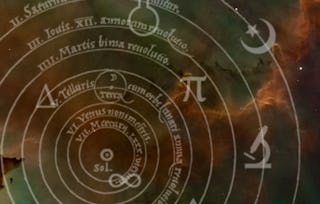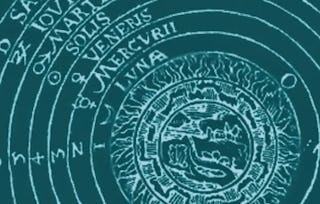For the last four centuries, scientists have aimed to provide us with an understanding of the world around us. By all appearances, science has made substantial progress during this time. But is this progress real or illusory? And if it is real, how has this progress been made? This four-week course will consider these important questions. Specific topics will include how scientists generate knowledge through observations, experiments, and simulations; scientific objectivity and failures of scientific objectivity; the self-correcting nature of the scientific community; the positive and negative influences that values can have on science; the relationship between science and religion; and the role of the public in guiding the scientific enterprise.

Gain next-level skills with Coursera Plus for $199 (regularly $399). Save now.

(253 reviews)
Skills you'll gain
Details to know

Add to your LinkedIn profile
See how employees at top companies are mastering in-demand skills

There are 4 modules in this course
What's included
6 videos2 readings1 assignment1 discussion prompt
What's included
11 videos1 reading1 assignment1 discussion prompt
What's included
6 videos1 reading1 assignment1 discussion prompt
What's included
4 videos1 reading1 assignment1 peer review1 discussion prompt
Instructor

Offered by
Explore more from Philosophy
 Status: Preview
Status: PreviewThe University of Edinburgh
 Status: Preview
Status: PreviewThe University of Edinburgh
 Status: Preview
Status: PreviewThe University of Edinburgh
 Status: Free Trial
Status: Free TrialDartmouth College
Why people choose Coursera for their career




Learner reviews
253 reviews
- 5 stars
82.21%
- 4 stars
12.25%
- 3 stars
2.76%
- 2 stars
0.79%
- 1 star
1.97%
Showing 3 of 253
Reviewed on Oct 19, 2020
a good course for undergrad students, well put together and entertaining.
Reviewed on Apr 14, 2020
Really nice and well-explained Course. I really enjoyed the information and activities. Gave me new ideas about how to think and plan my teaching.
Reviewed on Nov 16, 2020
Enjoyed doing the course and certainly have learned a few principles related to the Philosophy of Science.
Frequently asked questions
To access the course materials, assignments and to earn a Certificate, you will need to purchase the Certificate experience when you enroll in a course. You can try a Free Trial instead, or apply for Financial Aid. The course may offer 'Full Course, No Certificate' instead. This option lets you see all course materials, submit required assessments, and get a final grade. This also means that you will not be able to purchase a Certificate experience.
When you purchase a Certificate you get access to all course materials, including graded assignments. Upon completing the course, your electronic Certificate will be added to your Accomplishments page - from there, you can print your Certificate or add it to your LinkedIn profile.
Yes. In select learning programs, you can apply for financial aid or a scholarship if you can’t afford the enrollment fee. If fin aid or scholarship is available for your learning program selection, you’ll find a link to apply on the description page.
More questions
Financial aid available,
¹ Some assignments in this course are AI-graded. For these assignments, your data will be used in accordance with Coursera's Privacy Notice.





